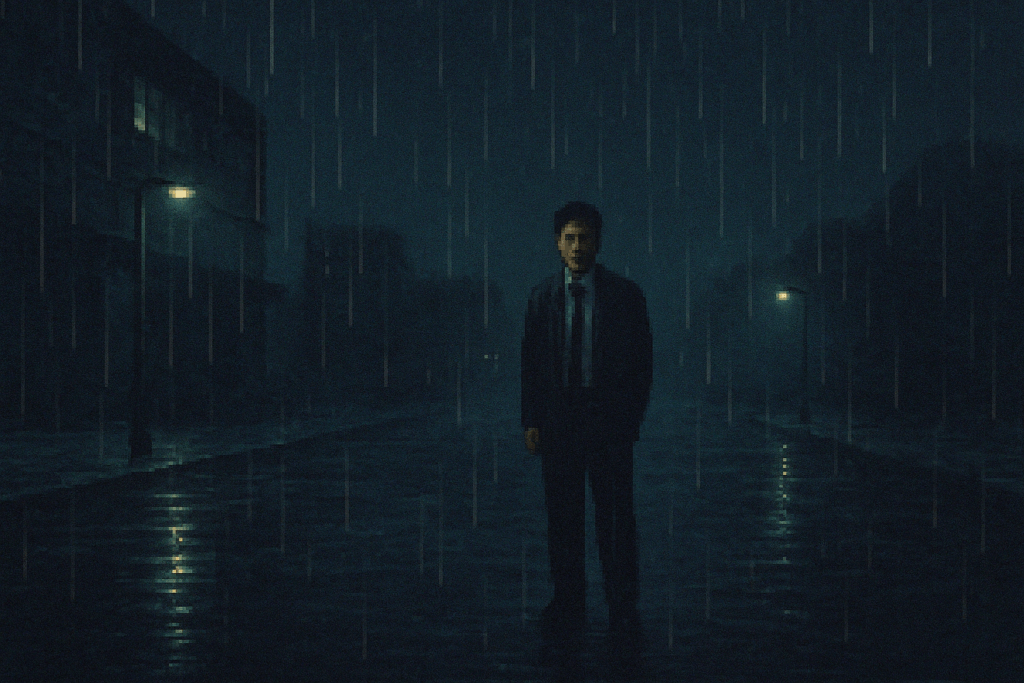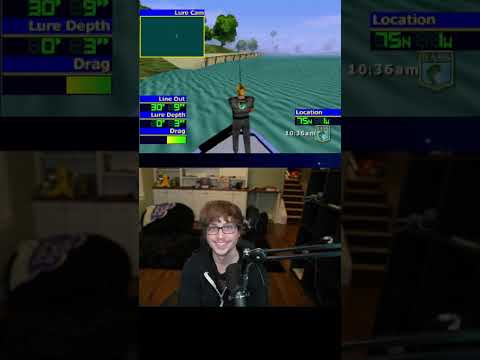
Korean thrillers strip away the hero fantasy. No one walks out clean. You get obsession, failure, guilt, and brutality layered over rotting institutions and personal collapse. Memories of Murder. I Saw the Devil. The Chaser. Burning. These films don’t serve catharsis. They leave you sitting in it.
Few games reach that level of raw psychological cut, but when they do, they stick harder than most films. If you want games that pull the same triggers, start here.
Spec Ops: The Line
You go in as a soldier. You crawl out as a war criminal. Every mission spirals toward the abyss. The game forces you through your own worst instincts and lets you sit with what you’ve done. Think of I Saw the Devil, but with an assault rifle and a body count you can’t justify.
Detention
Platform: PC, Switch, PS4, Mobile
Set during Taiwan’s White Terror period, Detention is a short, brutal 2D horror game that merges political repression with supernatural dread. You play as a student trapped in a cursed school, haunted by guilt, ideology, and literal ghosts. The scares aren’t loud—they’re cold, slow, and soaked in historical trauma. It’s as much about memory and complicity as it is about monsters. Think Silenced by way of Ju-On.
Yakuza 0
Platform: Multi
It’s easy to focus on the absurdity—karaoke, chicken real estate agents, etc.—but Yakuza 0 is, at its core, a brutal, stylish gangster melodrama. It has the same tonal duality you find in films like Sonatine or Dead or Alive: sudden bursts of violence, then stillness. Honor and betrayal. Comedy next to cruelty. The story plays out like a hyperactive Kitano film, with all the cigarette smoke, neon reflections, and slow-motion punches that implies.
The Cat Lady
Platform: PC
Not Asian, but spiritually adjacent. The Cat Lady channels the same grim, psychological horror you find in Korean thrillers like The Chaser or The Yellow Sea. It follows Susan Ashworth, a suicidal woman who becomes an unwilling killer of “parasites”—serial murderers, abusers, manipulators. The game is raw, ugly, and driven by trauma. The horror isn’t the monsters. It’s what they reflect.
Ghostwire: Tokyo
Platform: PC, PS5
The story’s thin, but the atmosphere is exact. Empty streets. Neon soaked rain. Yokai floating like memories. Ghostwire is a first-person action game wrapped in urban spiritualism. It doesn’t go as deep as something like Noroi or Pulse, but it nails the liminal feel of modern J-horror: a Tokyo where the silence is louder than the screams.
Pathologic 2
Platform: PC
Russian, not Asian, but it belongs here. Pathologic 2 is about plague, ritual, failure, and slow psychological collapse. It operates on the same wavelength as Cure or The Wailing—the feeling that something is profoundly wrong, but you can’t name it, can’t fix it, and probably don’t deserve to. The game never scares you directly. It just erodes you. By the end, you’re not sure what you’ve survived, or if it mattered.
The Friends of Ringo Ishikawa
Platform: PC, Switch
A quiet, pixel-art brawler that plays like A Brighter Summer Day turned into a side-scroller. You’re a high school delinquent drifting through the last days of adolescence. You fight, eat, read, skip class. Nothing is explained. You just exist. The violence is aimless. The melancholy is thick. It’s a game about wasting potential and knowing it. Nothing explodes. Everything fades.
White Day: A Labyrinth Named School
Platform: PC, PS4, Mobile
A cult-classic Korean horror game. You’re trapped in a haunted school overnight, pursued by ghosts and janitors possessed by something worse. White Day doesn’t rely on gore—it builds dread through pacing and disempowerment. It has the structure of a survival horror game and the tone of a late-90s ghost film: lots of dark hallways, lots of whispering. Less Resident Evil, more Whispering Corridors.
Signalis
Platform: PC, PS4, Switch, Xbox
A love letter to Silent Hill and Neon Genesis Evangelion, filtered through retro sci-fi. Signalis is cold and mournful. A survival horror game where every room feels like a memory, and every monster looks like a metaphor. It’s elliptical, fragmented, and soaked in the same existential loneliness that defines much of Asian speculative fiction. It doesn’t explain. It expects you to feel your way through.
Danganronpa: Trigger Happy Havoc
Platform: Multi
Under the hyperactive anime styling is a cruel, calculated death game. Danganronpa is about despair by design. Teenagers are trapped and forced to kill each other, then argue their way out of punishment in courtroom battles. The tone is erratic—comedy, tragedy, satire, murder—but that’s the point. The game is emotionally violent. It gives you no room to breathe. Imagine Battle Royale directed by Sion Sono.
Rule of Rose
Platform: PS2 (emulated only)
Not officially available anymore, but it deserves a mention. Rule of Rose is a cult survival horror game that was buried by controversy and platform limits. It follows a woman trapped in a twisted orphanage ruled by violent children. The atmosphere is suffocating. The horror is social, emotional, symbolic. It’s A Tale of Two Sisters by way of Pan’s Labyrinth, but darker, messier, meaner.


